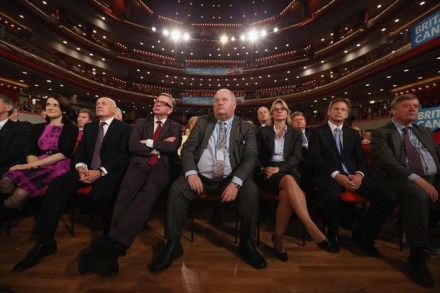Labour are shouting from the sidelines. It’s the Conservatives who are delivering for Britain.
Outside of a Wednesday lunchtime, most people very sensibly ignore the Punch and Judy trivia of politics. They want MPs to get on with the job: building a stronger, more competitive economy; doing justice to our vulnerable and elderly; and standing up for Britain abroad. Today it is a Conservative team delivering those things. We are in Government. We have a long-term economic plan. And it is working. It was not always thus. My first run for Parliament was back in 1997. I remember canvassing in the pouring rain, miserably. The mood on the doorstep wasn’t much better. The campaign was long and fruitless. A tense election night was spent




















